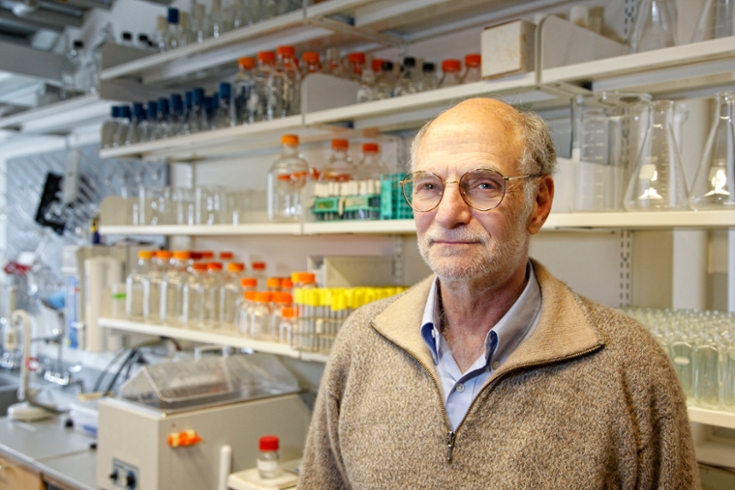Apply Online
We invite you to apply for admission to Brandeis University. Below you will find detailed instructions regarding the application process. Before you begin, we strongly encourage you to review your program of interest and its requirements.
Brandeis also offers master’s and PhD programs in Business, Economics, and Social Policy. To learn more and apply, please visit their program pages: Business and Economics or Social Policy. You can also explore all Brandeis programs using our program finder.
If you have any questions regarding admission, financial aid, or the application process, please feel free to email us or visit our Frequently Asked Questions.
Important Notes
- An email address is required to apply online. You may create a new application or return to a previously saved application. The online application cannot be submitted until you have entered all of the required data and uploaded all of the required attachments.
- Please note that you may only apply to one program per academic year.
- Upon submission of your application, you will receive an email, which acknowledges receipt of your application.
- An application fee of $75 is required in order for your application to be processed. Upon submission of your electronic application, you may pay online with MasterCard, VISA, or Discover. Your application will be processed only after payment is received.
- Please do not email us or mail to us a copy of your uploaded documents (including transcripts) as doing so will delay the processing of your application.
- A bachelor's degree (or international equivalent) must be obtained prior to matriculation.
Brandeis University is committed to training students from diverse backgrounds, representative of the national population. We admit candidates without regard to race, color, gender, sexual orientation, religion, age, national or ethnic origin and we provide a safe and bias-free learning environment for all.
Research at Brandeis

The two colleagues, who arrived at Brandeis in 1974, did their pioneering work during their time at the university. Focusing on the fruit fly, they discovered the molecular mechanisms controlling circadian rhythm, the inner biological clock that regulates almost all life on the planet. The findings may one day lead to treatments for mental illness, Alzheimer's, heart disease and diabetes, all of which have been linked to our circadian rhythms becoming out of sync.






